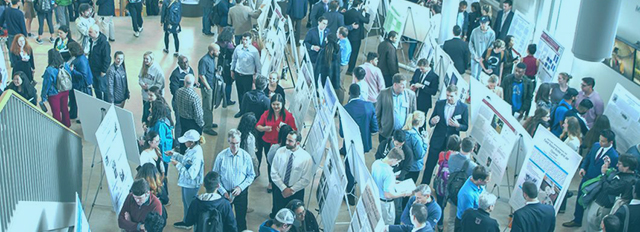
Posters and Papers
Event Title
Learning Russian Prefixes for Verbs of Motion Through Virtual Reality and Augmented Reality
Document Type
Open Access
Faculty Sponsor
Kristin Bidoshi
Department
Russian and East European Studies
Start Date
22-5-2020 4:30 PM
Description
The Russian language is widely considered one of the most difficult languages to master for native English speakers. Moreover, Russian Verbs of Motion (VoM) are one of the most difficult grammar points for students to comprehend. In the 1960s, James J. Asher proposed the Total Physical Response (TPR) method to facilitate students' learning of Russian; this method has proven to be effective. We adopted the TPR method, which is commonly used in the classroom, and applied it to Virtual Reality (VR) and Augmented Reality (AR) platforms to assist students in learning Russian VoM in an immersive environment. In our VR program, which currently runs as a web based application and on VR headsets, students are given verbal voice commands in Russian and are expected to move according to those commands. Feedback is provided immediately upon the student's action. At the conclusion of the program, by way of assessment, the student takes a short quiz to see if s/he has mastered the material. The Augmented Reality program, which consists or a booklet and a pilot exercise, requires students to install the application ARIS on their mobile phones; the use of mobile phones enables students to physically move in real locations. Feedback is provided through geolocation tags and AR targets.
Learning Russian Prefixes for Verbs of Motion Through Virtual Reality and Augmented Reality
The Russian language is widely considered one of the most difficult languages to master for native English speakers. Moreover, Russian Verbs of Motion (VoM) are one of the most difficult grammar points for students to comprehend. In the 1960s, James J. Asher proposed the Total Physical Response (TPR) method to facilitate students' learning of Russian; this method has proven to be effective. We adopted the TPR method, which is commonly used in the classroom, and applied it to Virtual Reality (VR) and Augmented Reality (AR) platforms to assist students in learning Russian VoM in an immersive environment. In our VR program, which currently runs as a web based application and on VR headsets, students are given verbal voice commands in Russian and are expected to move according to those commands. Feedback is provided immediately upon the student's action. At the conclusion of the program, by way of assessment, the student takes a short quiz to see if s/he has mastered the material. The Augmented Reality program, which consists or a booklet and a pilot exercise, requires students to install the application ARIS on their mobile phones; the use of mobile phones enables students to physically move in real locations. Feedback is provided through geolocation tags and AR targets.


